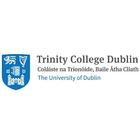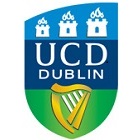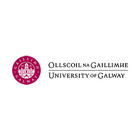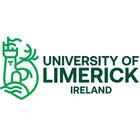For international students thinking about studying abroad, Ireland is the perfect choice.
Ireland is known for safety, excellent education and strong international reputation. It’s also the centre of major tech companies, creating exciting opportunities for students interested in innovation and future‑focused careers.
If you’re a Keyan student based in Nairobi, Mombasa, Kisumu, or Eldoret, this page is for you.
Why is Ireland considered a great study destination?
Ireland's strong education system, welcoming communities and peaceful lifestyle makes it an attractive choice for Kenyan students looking for both comfort and quality.
Let's explore why it remains one of the most popular study destinations for international students.
How good is the quality of education in Ireland?
Universities in Ireland are consistently ranked among the world's top universities. Thirteen of the best institutions in the country provide a strong focus on cutting-edge research, modern teaching methods and international collaboration, ensuring students gain a globally recognised education.
How safe and peaceful is the environment in Ireland for Kenyan students?
Safety and quality of life are two of Ireland's biggest advantages. The country consistently ranks in the top 20 worldwide for peace, human development and quality of life. It is also well known for its warm hospitality, which makes it easy for Kenyan students to feel welcome and at home.
As an international student, you will join more than 35,000 students from across the globe in a friendly, inclusive environment, with a vibrant student population (about one-third under 25) bringing energy and diversity to campus life.
What is it like to immerse myself in Irish culture while studying there?
Ireland's culture is lively, proud and hospitable. Kenyan students quickly find that locals love to share their traditions, music while also showing a genuine interest in learning about Kenya.
Although Ireland has a population of around five million, over 70 million people worldwide proudly trace their roots to the Emerald Isle. Living in Ireland gives you the chance to enjoy rich cross-cultural experiences and build lifelong connections.
Which Irish universities stand out the most for Kenyan students?
Ireland is home to some of the best universities in the world, offering Kenyan students excellent international opportunities and a top-notch education. According to the most recent QS World University Rankings, these are some of the top universities:
University | QS World University Ranking |
75 | |
118 | |
246 | |
284 | |
=401 | |
=410 | |
771-780 |
What specific documents are required for admission to Ireland?
Most Irish institutions require Kenyan students to submit the following documents for undergraduate or postgraduate study. The requirements may vary depending on the course and university:
Academic transcript and degree completion certificate
Resume (if applicable)
English language test results, such as IELTS or TOEFL
GMAT or GRE scores (for certain programs)
What are the main intakes for students in Ireland?
The academic year in Ireland usually starts in September or October, while some universities also offer a January or February intake, depending on the course and the university.
If you’re applying from Kenya, it’s recommended to start and submit your application at least six to eight months before your intended start date. This gives you enough time to arrange accommodation, prepare your documents, and complete the student visa process with minimal stress.
Which courses should I choose if I want to study in Ireland?
In Irish colleges, programs such as engineering, computer science and business are highly regarded worldwide for their strong academic and career prospects. Ireland is especially appealing to Kenyan students interested in innovation and technology, thanks to its well-established and fast-growing IT sector.
Below are some of the popular courses among Kenyan students:
Engineering (Mechanical, Civil, Electrical, etc.)
How much should I budget annually for tuition fees in Ireland?
The cost of studying in Ireland will vary according to the course and university you choose. On average, here’s what Kenyan students can expect to pay annually:
Study Program | Average Annual Tuition Fees in Shilling |
Bachelor’s degree | KSh 1,361,660 – KSh 7,604,645 |
Master’s degree | KSh 1,375,662– KSh 4,770,186 |
Doctoral degree | KSh 1,379,501– KSh 4,783,128 |
An IDP counsellor can help you understand tuition costs, budget for your studies and explore scholarships. Start your journey with IDP today.
Which scholarships are available, and what is their value?
Ireland offers a range of scholarships to support international students, including those from Kenya. These awards are typically based on academic merit, chosen course or university and may vary each year.
Below are some examples of scholarships that may be available to eligible students:
Scholarship Name | Value |
Up to KSh 746,113 | |
Academic Year Study Abroad Excellence Scholarship | Up to KSh 414,799 |
Up to KSh 298,445 |
What documents are required for a Kenyan student visa application in Ireland?
You will need to apply for one of the following visas, depending on the length of your chosen study program:
Short stay C visa for courses lasting less than 90 days) or
Long stay D visa for courses lasting more than 90 days)
Kenyan students are usually required to submit the following documents for their visa:
A valid passport or other travel paperwork
Evidence of tuition payment
Evidence of sufficient financial resources
letter of enrollment from an Irish university
Private medical insurance
A declaration confirming your intention to return to Kenyan after the visa expires
Your IDP counsellor can guide you through the visa process and support you at every stage of your study abroad journey.
How much should I budget for accommodation and food in Ireland?
The cost of living in Ireland varies depending on the city you choose (Dublin is frequently more expensive than Limerick or Galway). On average, Kenyan students can expect to spend between KSh 493,924 and KSh 833,676 per month, depending on lifestyle and location.
Below is an estimate of typical monthly living expenses:
Category | Estimated Monthly Costs in Kenyan Shilling |
Accommodation | KSh 260,618 – KSh 407,787 |
Home Facilities | Up to KSh 31,618.7 |
Mobile Phone | Up to KSh 2,801.13 |
Internet | Up to KSh 5,952.55 |
Food | Up to KSh 10,154.4 |
Source: Expatistan Website
What are the working hours rules for students in Ireland?
International students studying in Ireland are allowed to work part-time (up to 20 hours per week) during term time and full-time during holidays. This flexibility allows students to gain work experience while supporting their living costs.
After graduation, eligible students can stay and work in Ireland for up to two or three years after graduation at the Third Level Graduate Scheme, depending on their level of study. This offers Kenyan students a valuable opportunity to gain international work experience and strengthen their long-term career prospects.
How does IDP support Kenyan students with student health cover and money transfer services?
Studying abroad can be challenging without the right support. To make the experience smoother, IDP offers Student Essentials services for international students like you. Our expert counsellors will support you every step of your journey, helping you settle in smoothly and focus on your education. We will help you with:
What career opportunities can I explore after studying in Ireland?
There are many opportunities available for international students after their studies. Ireland’s strong economy offers a wide range of career opportunities across sectors such as technology, finance, engineering and business.
Through the Third Level Graduate Scheme, Kenyan students who complete their studies in Ireland may have the opportunity to remain in the country for up to two or three years. During this time, graduates can gain international work experience through internships or employment.
This post-study work period can help you develop practical skills, strengthen your resume and explore career options either in Ireland, back in Kenya or in other international markets.
FAQs
How many gap years are acceptable in Ireland?
There is generally no fixed limit on the number of gap years accepted for studying in Ireland. However, requirements can vary by university and course, so it’s best to check the specific guidelines of your chosen university.
Can Kenyan students work part-time while studying in Ireland?
Yes, Kenyan students are allowed to work full-time during official breaks or holidays and up to 20 hours per week.
Which universities in Ireland are ranked the highest globally?
Trinity College Dublin, University College Dublin, and the University of Galway are consistently ranked among Ireland’s top universities in the QS World University Rankings.
Is English language testing (IELTS/TOEFL) mandatory for admission?
Yes, most Irish universities require applicants to demonstrate English proficiency through TOEFL or IELTS scores.
What is the minimum academic score required for a master’s degree?
A bachelor's degree with a minimum score of 65–70% or equivalent is often required, depending on the university and the program.
Is health insurance a mandatory requirement for a student visa?
Yes, private health insurance is a requirement for all students applying for a long-stay (D) visa in Ireland.
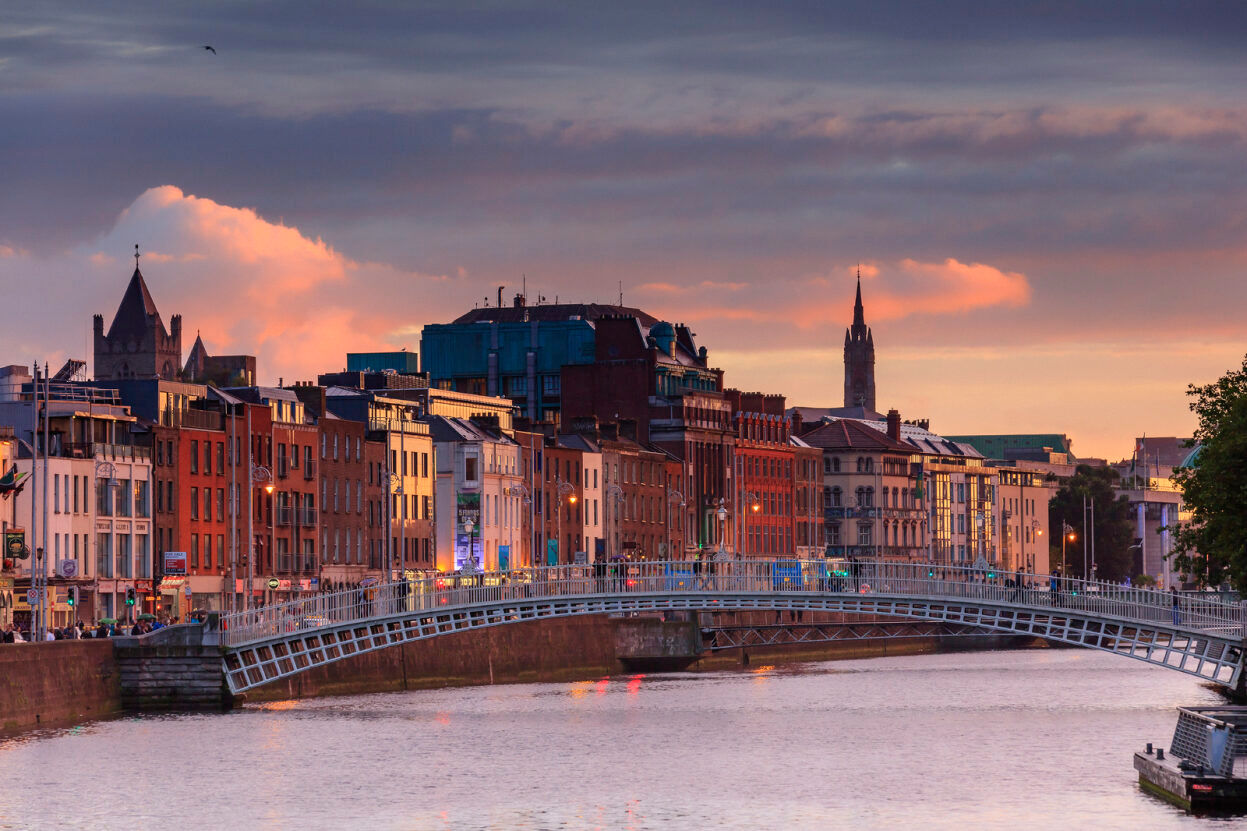
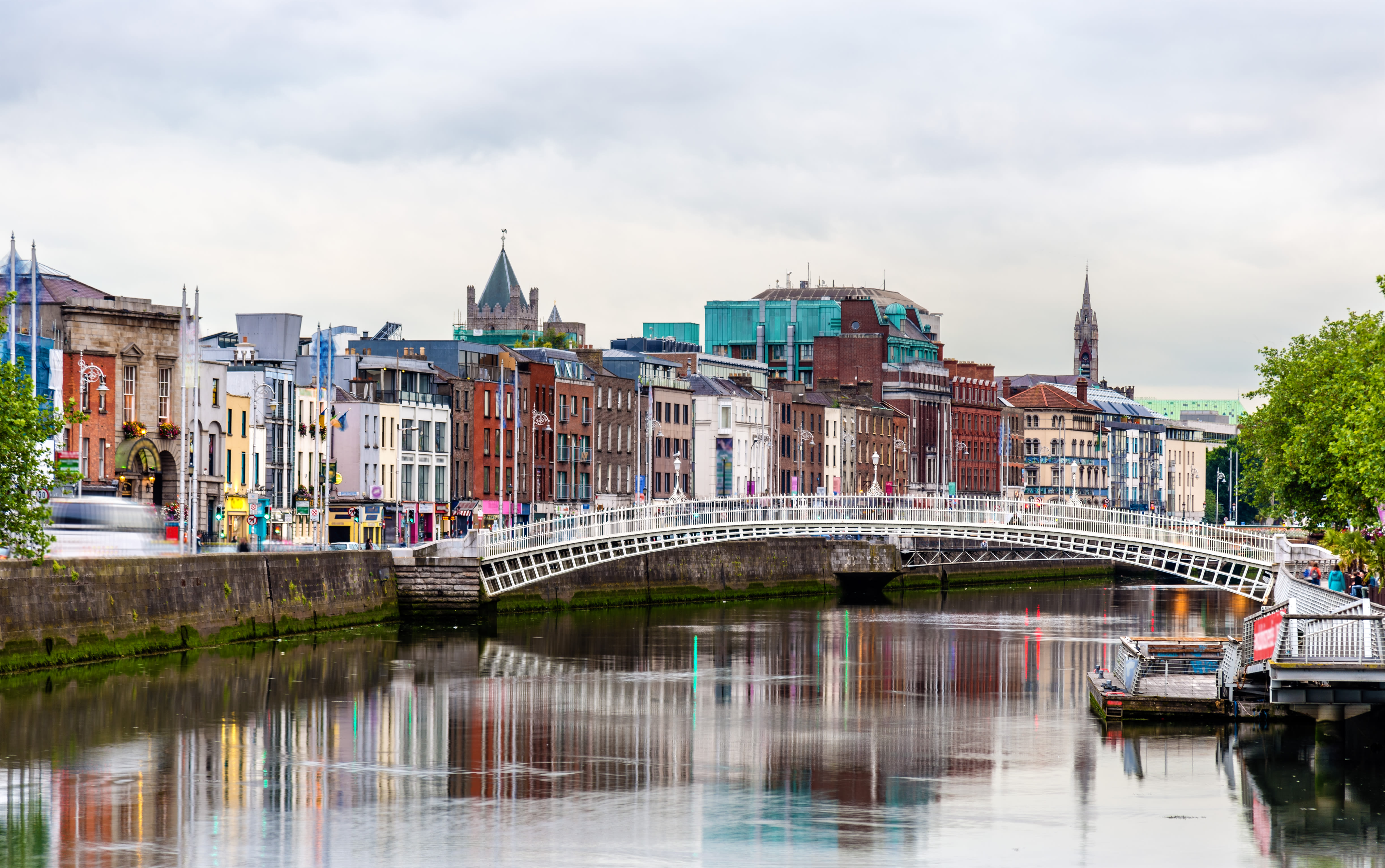
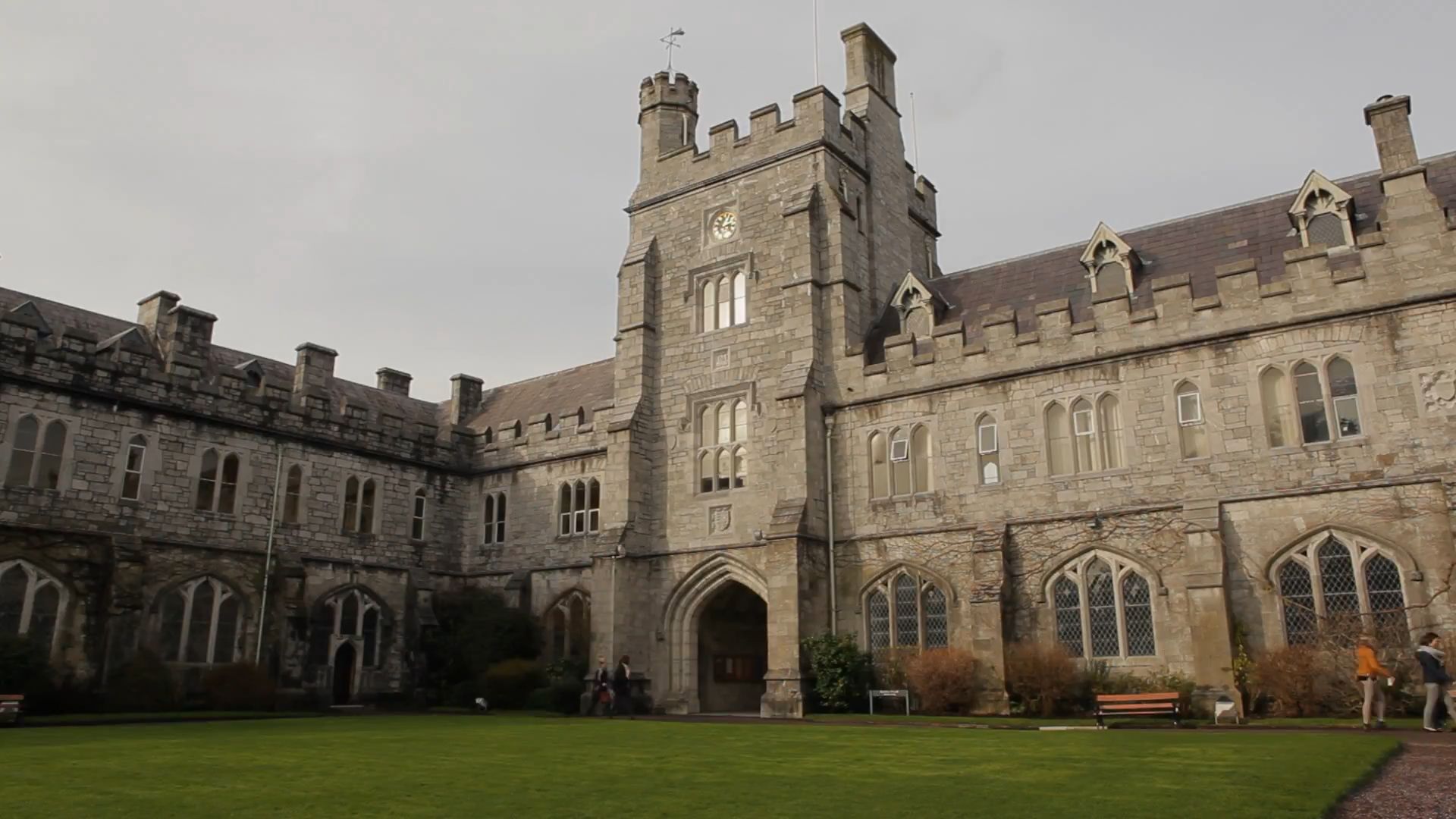
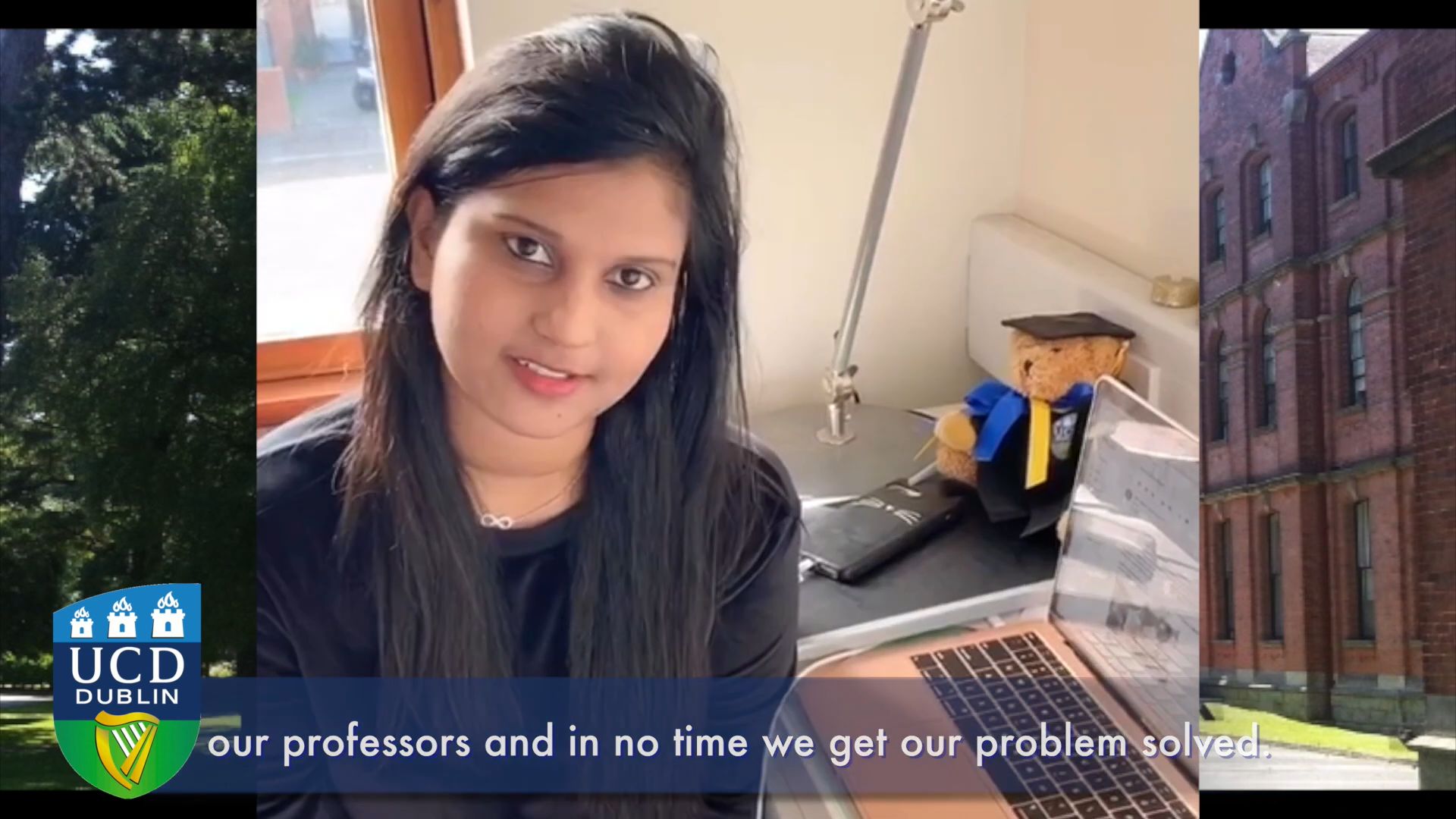
Explore in Ireland
Hover over the city cards to discover more!

Send funds securely with money transfer
Explore safe, convenient and fast payment solutions with our market leading partners.
Cost of living calculator
Estimate how much you will need to cover your expenses including cost of living comparison for various country and accommodation options.
Can’t decide where to study?
Answer 5 quick questions to get personalised content and course recommendations



